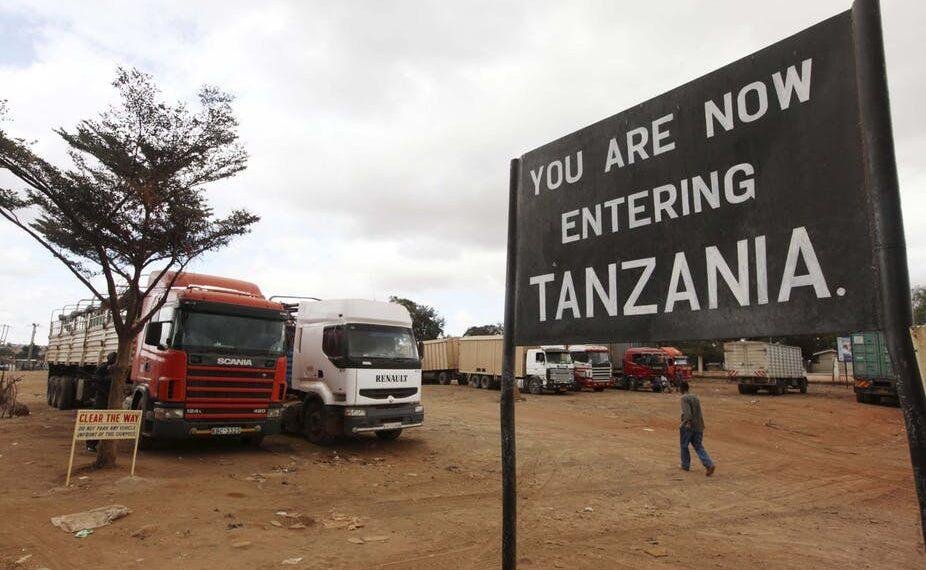The Tanzanian government has officially barred Nigerians and other non-citizens from operating in 15 strategic sectors of the economy. The directive, which takes immediate effect, was signed into law through the Business Licensing (Prohibition of Business Activities for Non-Citizens) Order 2025 by the Minister for Industry and Trade, Selemani Saidi Jafo.
The controversial order prohibits licensing authorities across Tanzania from issuing or renewing business licenses to foreigners who seek to operate within the restricted sectors. The move has sparked widespread reactions across Africa, particularly in Nigeria, as entrepreneurs and micro-business owners come to terms with the implications of the sudden restriction.
Minister Jafo explained that the decision was prompted by rising public concerns about foreign dominance in Tanzania’s small and medium-sized enterprises, especially in commercial hotspots like Kariakoo Market in Dar es Salaam. Foreign traders, particularly from China and parts of West Africa, have been accused of edging out local entrepreneurs and inflating competition in sectors traditionally reserved for Tanzanians.
Among the sectors now exclusively reserved for Tanzanian citizens are retail and wholesale trading (excluding supermarkets and specialized stores), mobile phone repairs, mobile money transfer services, tour guiding, hair salons (outside of hotels), small-scale mining, on-farm crop purchasing, home and office cleaning services, micro and small-scale industrial operations, real estate brokerage, business brokerage, and operation of gambling machines outside licensed casinos.
Read Also:
- Trump in talks with Diddy’s legal team over possible presidential pardon ahead of sentencing
- The justifiable marginalization cry of Isoko People
- Nigerians react as Baze University owner Yusuf Datti Baba-Ahmed’s son graduates from Queen Mary University in UK
Minister Jafo emphasized that the directive is designed to promote economic inclusion and protect job opportunities for Tanzanian citizens. “This order is a deliberate step to ensure that sectors traditionally accessible to locals remain preserved for Tanzanians,” he said. “It reflects the government’s broader commitment to inclusive economic growth and sustainable job creation.”
Tanzania now joins a growing number of African countries, including Ghana, Nigeria, Zimbabwe, South Africa, Zambia, Botswana, and Swaziland, that have adopted similar protectionist measures aimed at safeguarding local businesses. While the move has received applause from Tanzanian business associations, it has raised concerns among international observers about its potential impact on foreign investment and diplomatic relations.
Analysts warn that the new policy could strain trade ties with affected countries, particularly Nigeria, which maintains a significant presence in Tanzania’s informal and service-driven economy. Others argue that while local empowerment is crucial, overly restrictive policies risk discouraging cross-border entrepreneurship and continental economic integration, particularly at a time when Africa is pushing forward with the African Continental Free Trade Area (AfCFTA).
With the new order already in force, foreign business owners in Tanzania now face difficult choices, either exit the restricted sectors or restructure their operations through local partnerships. The move marks a significant moment in East Africa’s evolving approach to economic sovereignty and raises urgent questions about balancing national interest with regional cooperation in a rapidly changing global economy.






